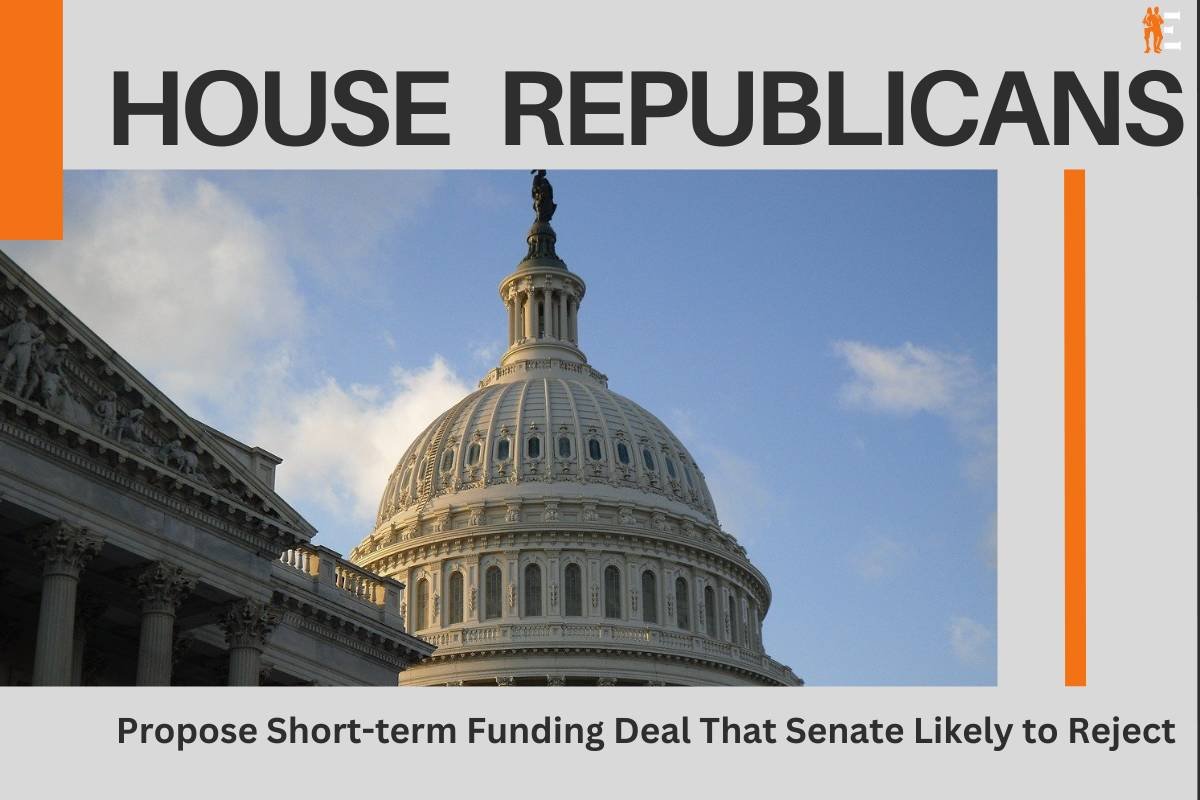On Sunday, a group of six House Republicans unveiled a proposed agreement aimed at providing temporary funding for the government, with the primary objective of avoiding a potential shutdown at the end of the month. However, there is considerable uncertainty regarding whether this proposal can unify the fractious Republican conference sufficiently to pass a bill in the House, as it is widely expected to face rejection in the Senate. The short-term funding proposal, if passed, would maintain government operations until October 31 and trigger a 1 percent reduction in current fiscal levels.
The 1 percent reduction applies as an average cut across the federal budget. Importantly, it exempts the Defense Department and the Department of Veterans Affairs from any budget reductions, while other government agencies would experience an 8 percent budget reduction until the end of October.
The plan contains provisions related to border security
This initiative is intended to garner support from conservative lawmakers who had demanded significant budget cuts in exchange for supporting a short-term funding extension. This extension also incorporates a border security bill that had previously passed through the House Republican caucus earlier this year but omits a divisive policy related to verifying the immigration status of workers. Additionally, the plan contains provisions related to border security that will be included in the Homeland Security appropriations bill. This strategy aims to leverage concessions from the Senate during negotiations on full fiscal-year government funding.
Notably absent from this proposal are President Biden’s requests for over $20 billion in aid for Ukraine and $16 billion in disaster relief. Both Democratic and Republican Senate leaders have indicated their intention to attach funding for these matters to any short-term funding bill.
Senate unity threatens House Republicans’ government funding plans: ‘There’s a big challenge ahead’
Reaching an apparent agreement marks a significant albeit modest step for the House Republican Conference. Now, the leaders must gather enough support for the measure to secure passage and fulfill Speaker Kevin McCarthy’s request to present a united conservative front in anticipation of negotiations with the Senate.
Although many involved in the deal are optimistic that these parameters will secure the necessary 218 Republican votes for passage, some vocal lawmakers initially expressed dissatisfaction with the development. Furthermore, several conservative demands included in the proposal are likely to be rejected by the Senate, setting up a potential clash between both chambers with less than two weeks remaining to avert a partial government shutdown.
Outline the parameters of a potential agreement
It’s worth noting that this proposal was not negotiated by House leadership. Instead, six House Republican members from two ideological factions, including representatives from the pragmatic Main Street Caucus and the Freedom Caucus, initiated discussions to outline the parameters of a potential agreement. These discussions began after far-right lawmakers blocked a floor vote to fund the Defense Department until their demands were addressed. Representative Scott Perry stated, “House Freedom Caucus members have worked over the weekend with the Main Street Caucus on a path forward to fund the government and secure America’s border. We now have a framework for our colleagues across the House Republican Conference.”
Curious to learn more? Explore our articles on The Entrepreneur Review











